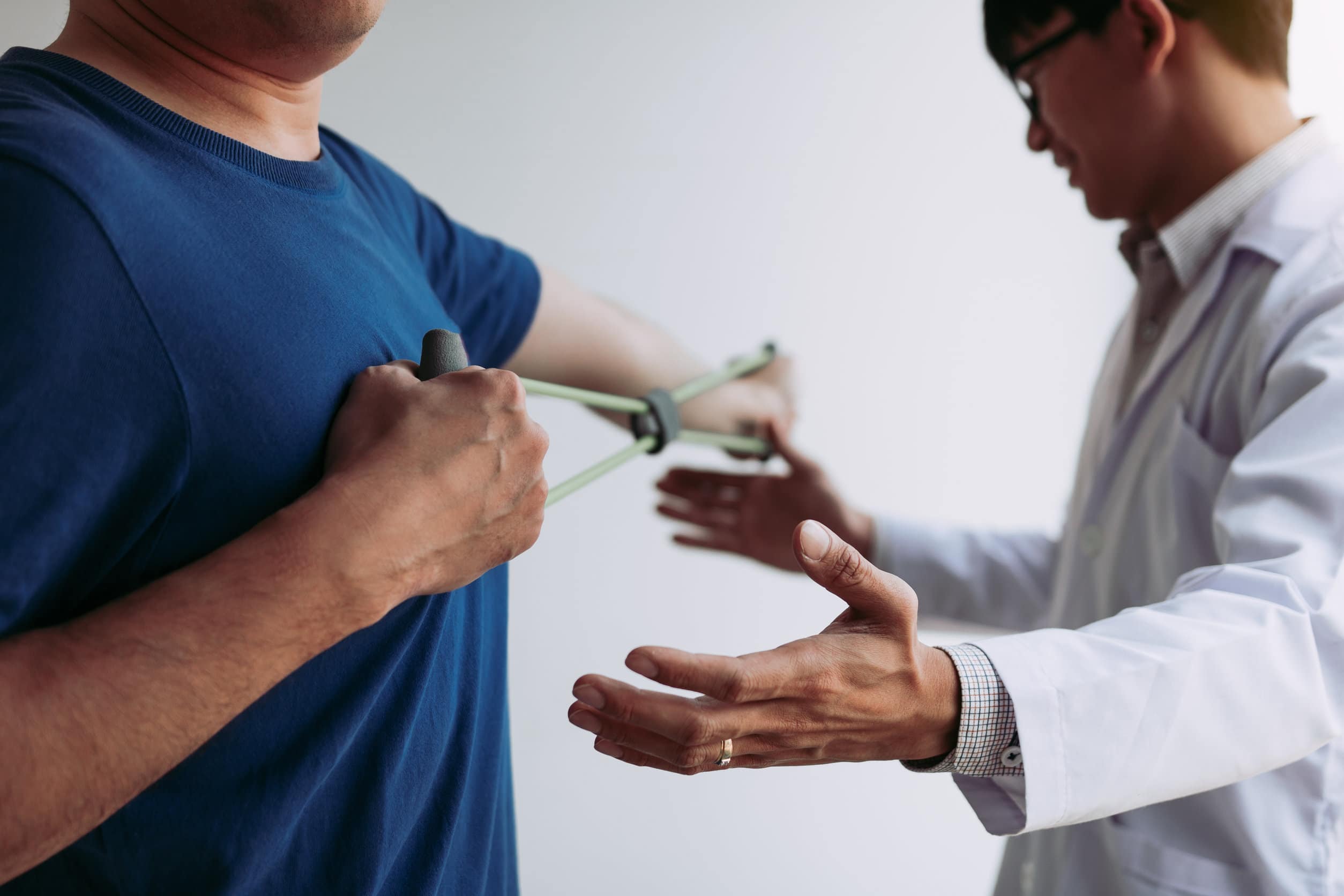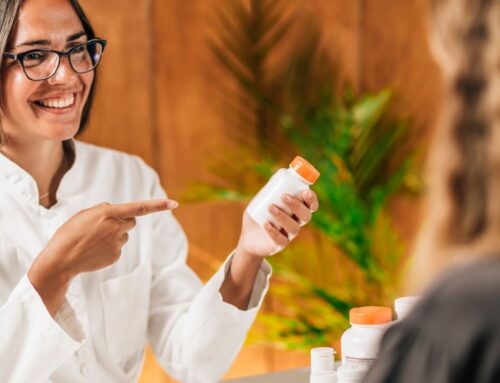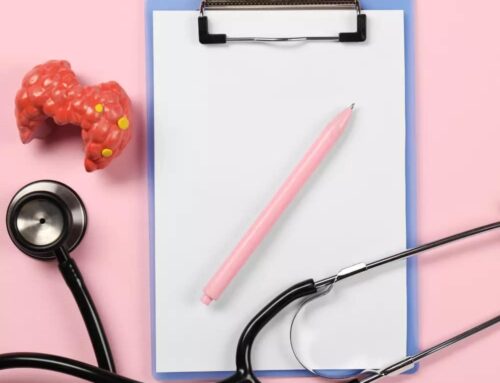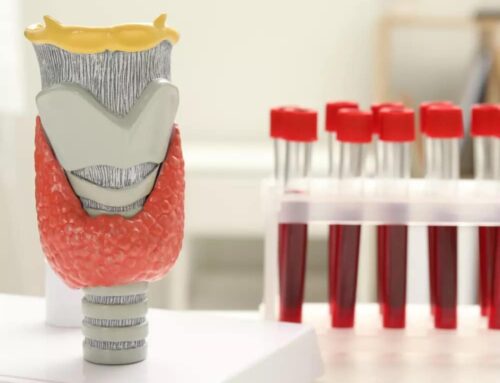Your shoulder is a complex joint that is made up of three bones: the clavicle, scapula and humerus. Shoulder pain can make even the easiest tasks challenging. This about how much you use your shoulder to shower, eat, get dressed, pick up your child, cook, and so much more. This pain can be caused by anything ranging from everyday wear and tear to an actually injury.
Common Causes
While many of us may initially think that shoulder pain is due to some sort of injury, this isn’t always the case. Shoulder problems can also be caused by everyday use, overuse, and even the natural process of aging. That being said though, an injury is the most common cause of shoulder pain. Injuries can be caused by:
- A fall on an outstretched arm
- A direct hit to the shoulder
- Bending or twisting of the shoulder in an abnormal manner
Common Conditions
Shoulder pain can be caused by any one of these common conditions:
- Arthritis – Osteoarthritis, also known as “wear and tear,” is the most common type of shoulder arthritis. Symptoms typically begin around middle age and include swelling, pain and stiffness.
- Bursitis – Swelling and inflammation of the bursa between the should blade and rotator cuff. A bursa is a small, fluid-filled sac located in the joints that helps reduce friction between muscle and bone.
- Fracture – Broken bones in the shoulder occur in the collarbone (clavicle), upper arm bone (humerus), and shoulder blade (scapula).
- Impingement – Occurs when the arm is lifted away from the body and the top of the shoulder blade “impinges”, or puts pressure on, the underlying soft tissues (tendons and bursa).
- Instability/Dislocation – Occurs when the head of the humerus is forced out of the shoulder socket. This can be a particl (sublaxation) or complete dislocation.
- Tendinitis – Inflammation of a tendon in the shoulder. This can be acute (overuse) or chronic (degenerative).
- Tendon Tears – Occurs when the tendons split and tear. In cases of complete tears, many times the tendon is pulled away from its attachment to the bone. Rotator cuff tendon injuries are the most common of shoulder tendon tears.
Injury Prevention
While injuries aren’t always avoidable, prevention is always key. One of our physical therapists gave us some tips to help prevent and rehabilitate shoulder injuries:
- Good Posture – Good posture has a direct effect on the mechanics of your shoulder. Try this trick: sit in a slouched position and then try to raise your arms overhead; keeping your arms there, sit up straight and then see how much farther your arms can raise when you correct your posture.
- Keep Yourself Balanced – If you work out your chest/pecs, don’t neglect your mid-back muscles – do some rows!
- Body Mechanics are Important – Don’t rely on your smaller upper body muscles to do most of the work – use larger muscles in your legs to support lifting/movement.
- Work the Small Muscles – The rotator cuff is your shoulder’s primary stabilizer and often neglected – keeping these smaller muscles strong helps keep your shoulder more stable.
Rehabilitation
If you have pain in your shoulder that isn’t going away, rehabilitation is a great step to take to get your functionality back to normal. Shoulder rehabilitation may include:
- Intrinsic Rotator Cuff Strengthening – To keep the “ball in the socket” of the shoulder joint, having a strong and stable cuff is a large component of rehab.
- Scapular Stabilization and Re-training – The muscles that support the shoulder blade assist in the movement of the shoulder joint itself and are often a key component to normalizing shoulder mechanics. These are usually difficult muscles to retrain for many people, so don’t get frustrated!
- Posture – Postural re-education and shoulder rehab go hand in hand. You have to position your shoulder well with good posture in order to get the most out of your recovery. Your therapist may use various techniques like joint mobilization/stretching, machines or tape to help you increase your postural awareness, in addition to exercises.
Give us a Call at Peak Wellness! Whether you want to schedule an appointment or learn more about all of our other services we would be happy to assist!








